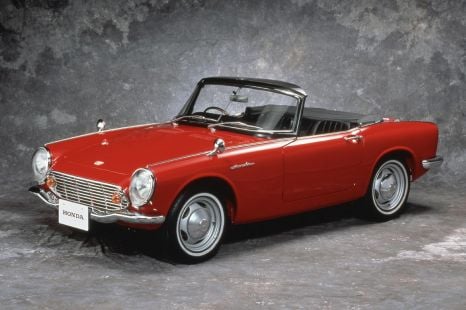

Max Davies
How Audi, BMW, Honda, Mercedes-Benz, and Suzuki started out in Australia, and where they are now
5 Hours Ago
Besides the home, your car is one of the places you’re likely to spend time during the coronavirus pandemic.
Whether for the all-important grocery run, coffee drive-through, or for work, some people won’t be able to avoid getting behind the wheel.
According to the World Health Organisation (WHO), COVID-19 spreads through close contact with an infectious person, contact with droplets from an infected person’s cough or sneeze, or touching surfaces contaminated by droplets before then touching your own face, eyes, or mouth.
With that in mind, it’s important to practice good hygiene measures in the car.
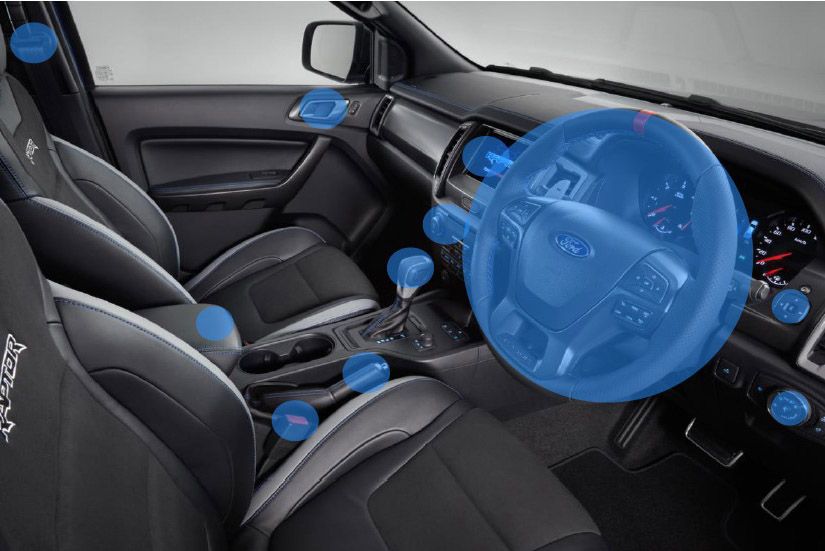
Reinforced by Commercial Vehicle Passengers Victoria, owners should regularly clean touch points on the exterior and interior – ideally every time the car is used.
A study from The New England Journal of Medicine found SARS-CoV-2, the respiratory virus that causes COVID-19, can live on plastic and stainless steel surfaces for up to three days.
The pathogen can also linger in the air for up to three hours, it concluded.
Inside, that means door and headliner grab handles, seatbelt and seatbelt anchors, headrests, the steering wheel, the gear shifter, indicators and wiper stalks, push-button start, rear-view mirror… you get the idea.
If you touch it, it probably needs to be cleaned.
Outside the car key fobs, all door handles, tailgate release button, and the fuel cap also should be wiped if you want to fully disinfect your car.
It’s recommended you use a household disinfectant wipe on cars; something alcohol-based like ethanol or Isopropyl with over 70 per cent strength should be used. Avoid bleaches as they harm materials like plastic, vinyl and leather.
Furthermore, UV light from the sun is sometimes effective in killing bacteria and viruses, although there’s no conclusive evidence to suggest it can eliminate coronavirus. Best practice is still alcohol-based disinfectant wipes.
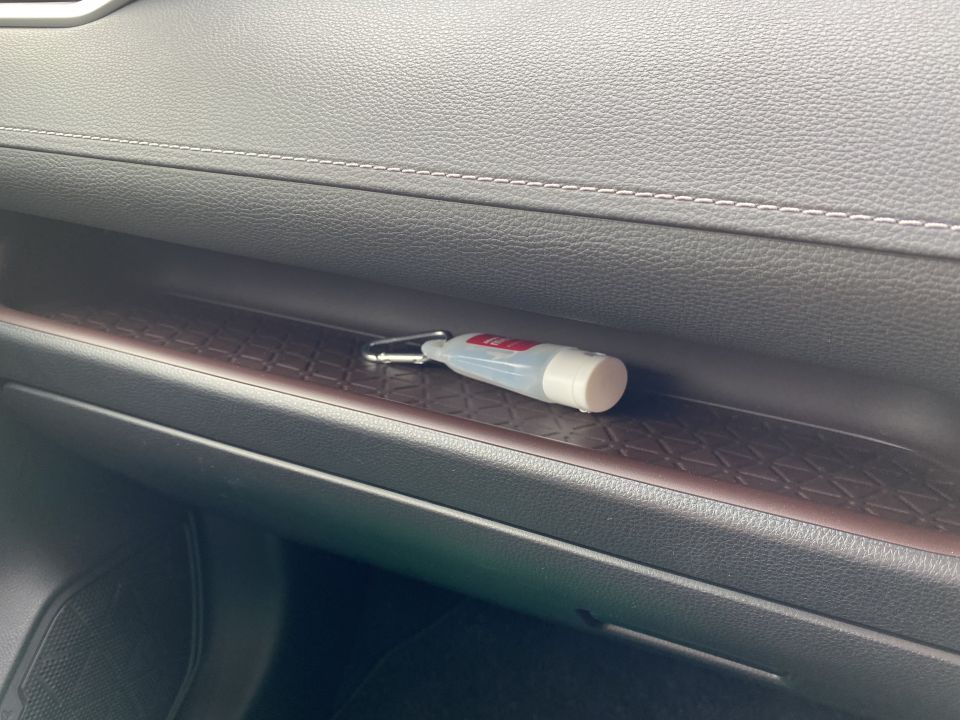
Your car might be clean, but it’s worth ensuring you and your passengers practice good hygiene to stop bacteria, germs, and viruses entering your vehicle in the first place.
Keep a box of tissues, wet wipes and hand sanitisers in the car.
As per the Australian Government’s directions, if possible, wash your hands thoroughly with soap and water for at least 20 seconds. Remember to cough or sneeze into your arm or a tissue, then bin it and wash your hands.
Alternatively, use a liquid hand sanitiser before anyone enters your car. Ditto your valuables including smartphones, watch, wallet, keys, cards and passes.
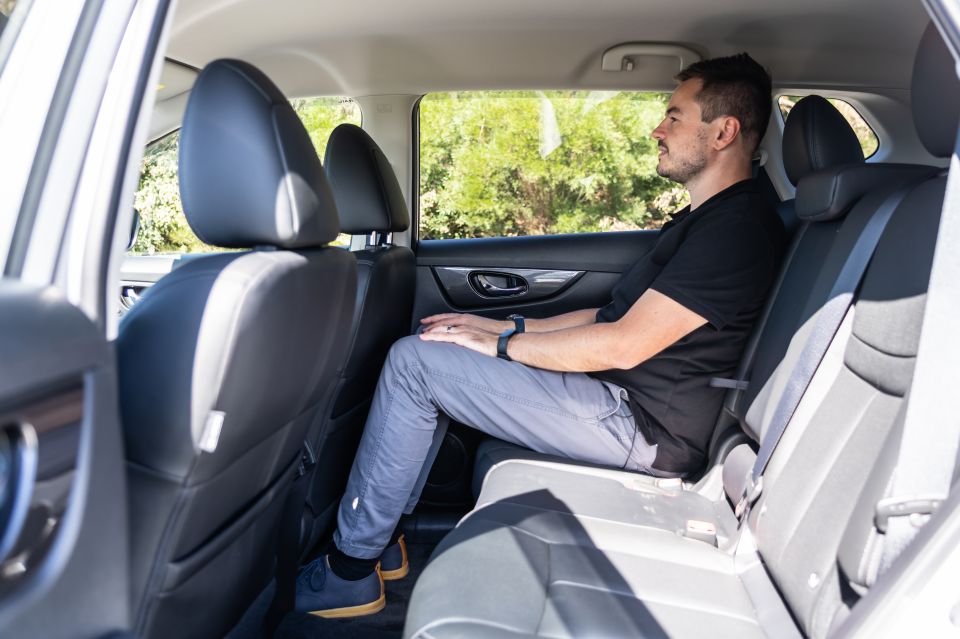
The thrust of the message from the Australia Government is that cars shouldn’t be used for “non-essential” trips.
However what is considered essential can be ambiguous, and varies from state-by-state.
Going to the supermarket, commuting to work, or driving to medical appointments is considered essential around the nation, however.
Based on the current social distancing guidelines, where possible it’s suggested only two people travel in a car – and passengers are encouraged to sit in the back seat diagonally-opposite to the driver.
Whether you are filling up at a petrol station or with an electric charger, the handle is a public high-contact point.
Most stations including 7-Eleven and Caltex offer paper towels at each pump, so remember to use them when handling the nozzle.
Alternatively, some companies like United Petroleum recommend each driver bring their own disposable gloves. Likewise for EV chargers.
When paying, be sure to use contactless card payment systems, or even Apple Pay or Google Pay. Both BP and Caltex offer a mobile app where users can pay in their cars, instead of entering the store at select locations.
Remember to sanitise your own hands afterwards, before driving off.
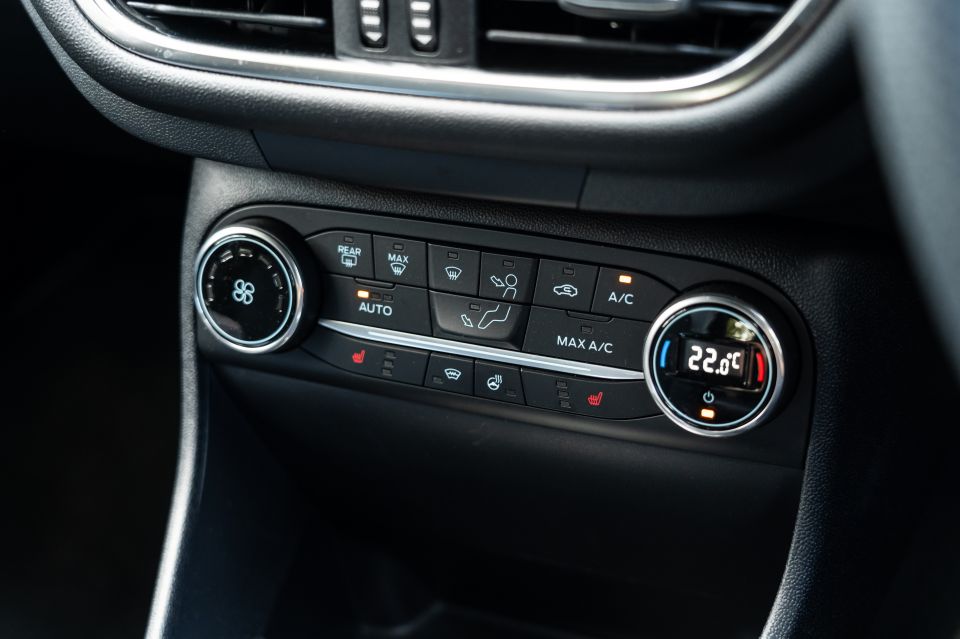
Cars have cabin air filters to block nefarious pollen and dust from coming into the cabin. However, they get worn out and dirty over time and need replacing.
This is usually done with scheduled services by the dealer. So, it may be time to take it in if it is due on your logbook, or if it has not been to the mechanic for a while.
Swapping to a clean air filter can reduce odours and the growth of bacteria.
Importantly, the Australian Government Department of Health recommends setting the air-conditioning toggle to bring fresh air in – not recirculation mode to reduce the risk.


Max Davies
5 Hours Ago
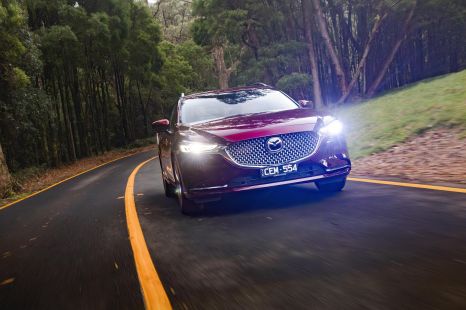

William Stopford
5 Hours Ago
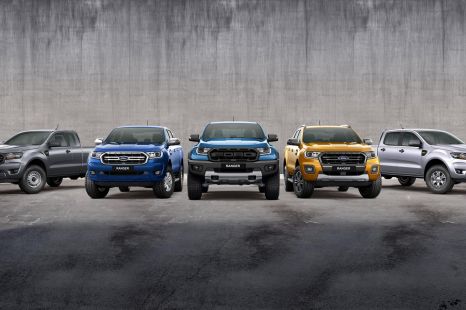

Derek Fung
6 Hours Ago
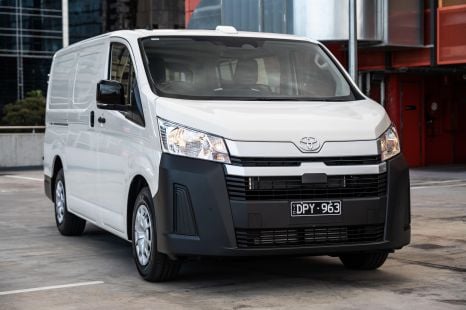

Max Davies
13 Hours Ago
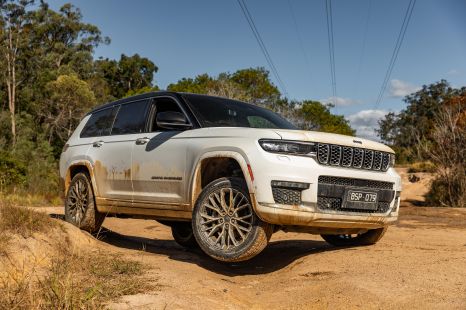

William Stopford
1 Day Ago
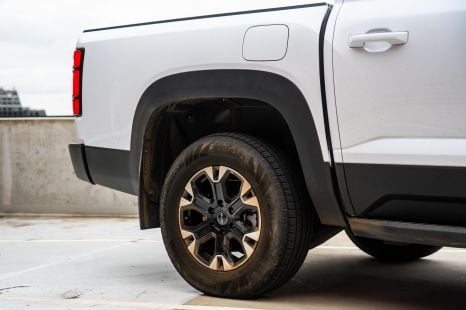

Ben Zachariah
1 Day Ago